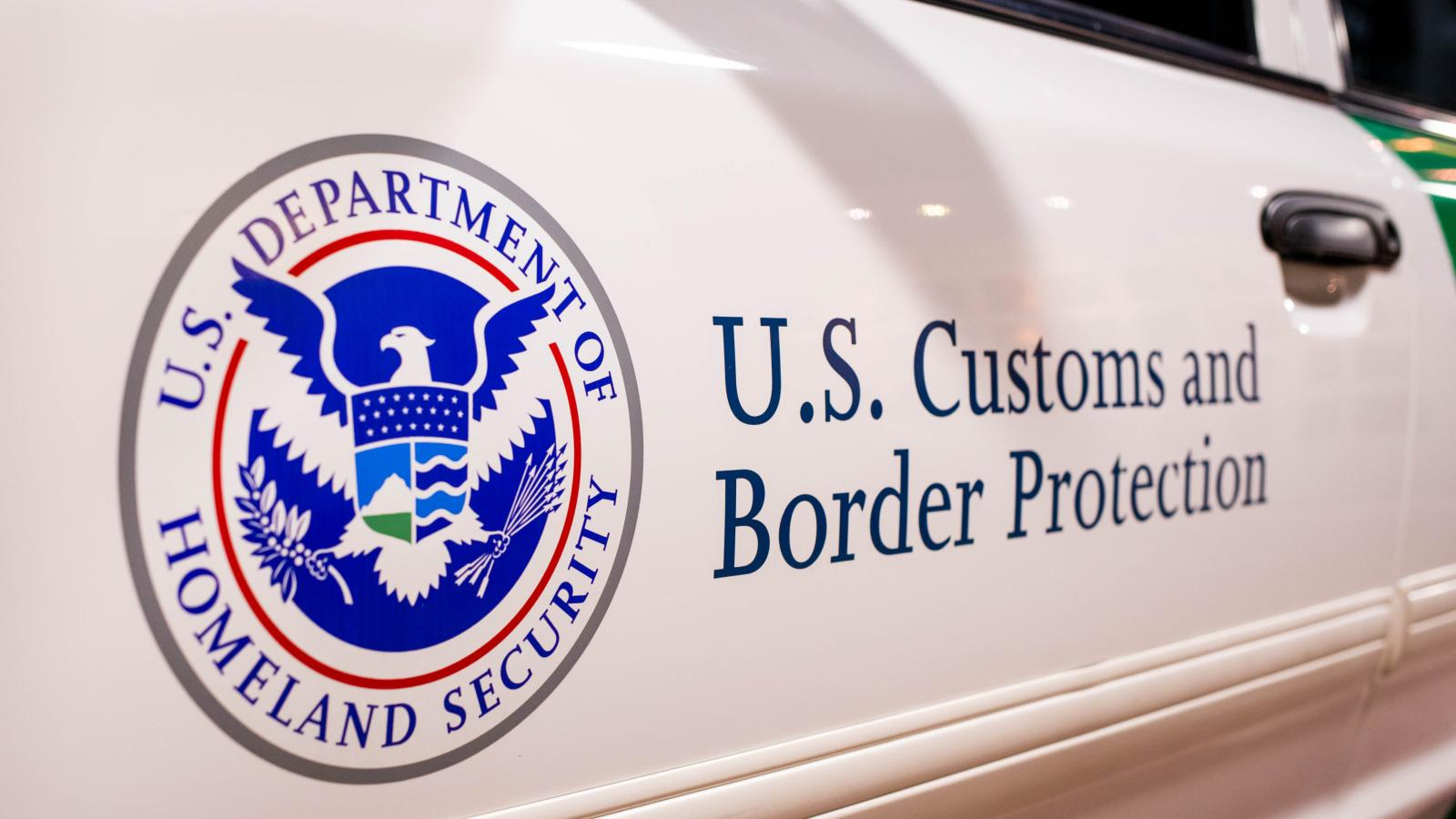Frequently Asked Questions by CTPAT Applicants
CTPAT is a voluntary program focused on supply chain security and built on trust. It is available to members of the trade community who can...

In the world of international trade, there is a growing concern that is on the rise. Criminals and terrorist organizations are exploiting the complexities of international trade to conceal the origins of their illegally obtained funds. This process of disguising illicit proceeds through seemingly legitimate trade transactions is known as trade-based money laundering. Unlike traditional money laundering methods that focus on cash transactions and electronic transfers, trade-based money laundering involves using trade transactions to reintroduce their unlawful profits back into the formal economy. This typically entails falsifying customs paperwork and manipulating international transactions and these funds are subsequently utilized to finance further criminal activities and/or support terrorist organizations. Beyond funding criminals and terrorists, trade-based money laundering undermines legitimate trade, distorts markets, and impedes economic development.
The Department of Homeland Security estimates that annual trade-based money laundering exceeds billions of dollars in value and is growing each year. In today's fast-changing world with advancing technology, money laundering can frequently occur without a company even realizing it. The Customs Trade Partnership Against Terrorism (CTPAT) recognizes this escalating danger being utilized by criminals and terrorists and aims to put a stop to it. Well informed companies and their employees can serve as the greatest defense against this growing threat. As such, having a Money Laundering Prevention Policy and providing employee training on this policy are requirements for CTPAT certification. Veroot can assist your company in implementing a comprehensive Money Laundering Prevention Policy, as well as providing the necessary employee training to achieve certification.
Companies and their employees must review import/export documents to identify or recognize suspicious cargo shipments and should be trained to identify information in shipping documents, such as manifests, that might indicate a suspicious shipment. Companies need to be aware of indicators that may suggest trade-based money laundering. While a single indicator may not be significant, multiple indicators should raise suspicions.
Some potential indicators to be aware of include:
When multiple indicators are observed, it is crucial to conduct thorough due diligence and further research to verify whether criminal activities are occurring.
If you or an employee suspect that trade-based money laundering may be occurring within your company, it is important to report it to the appropriate authorities. Companies and employees are encouraged to report any suspicious activities related to trade-based money laundering and terrorism financing.
Understanding and addressing trade-based money laundering is essential for mitigating the influence of terrorist organizations and criminal enterprises, while also safeguarding the integrity of international trade and ensuring a fair and lawful global economy. The CTPAT program exemplifies how public-private partnerships can effectively address these challenges, safeguarding the interests of legitimate businesses and the broader community. Through these efforts, CTPAT not only combats trade-based money laundering but also enhances global trade security, creating a safer and more secure international trade environment.
Veroot can assist you in these efforts and help guide your company through the CTPAT certification process. Our dedicated CTPAT team will collaborate with you and your company to identify potential risks, offer certification solutions, as well as help you implement Money Laundering Policies and Training. If you are interested in our services, please do not hesitate to contact us for a free demo.

CTPAT is a voluntary program focused on supply chain security and built on trust. It is available to members of the trade community who can...

In today’s global trade environment, understanding where potential threats to your supply chain lie is not just good practice—it is a standard...

The Veroot Team landed in New Orleans last week, caught up with old friends, made some new ones, and walked away enriched with valuable insights from...